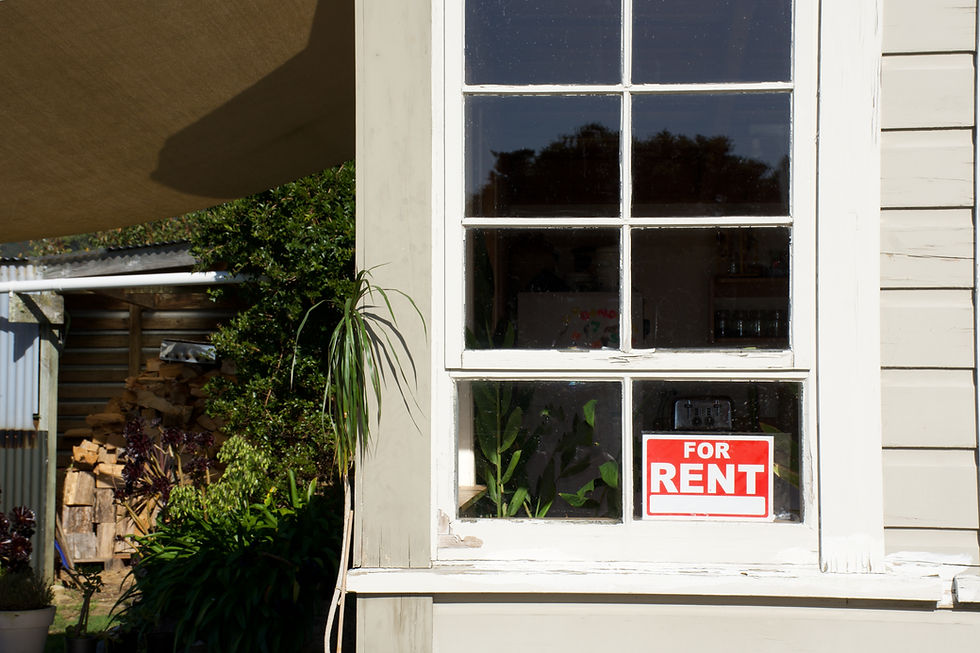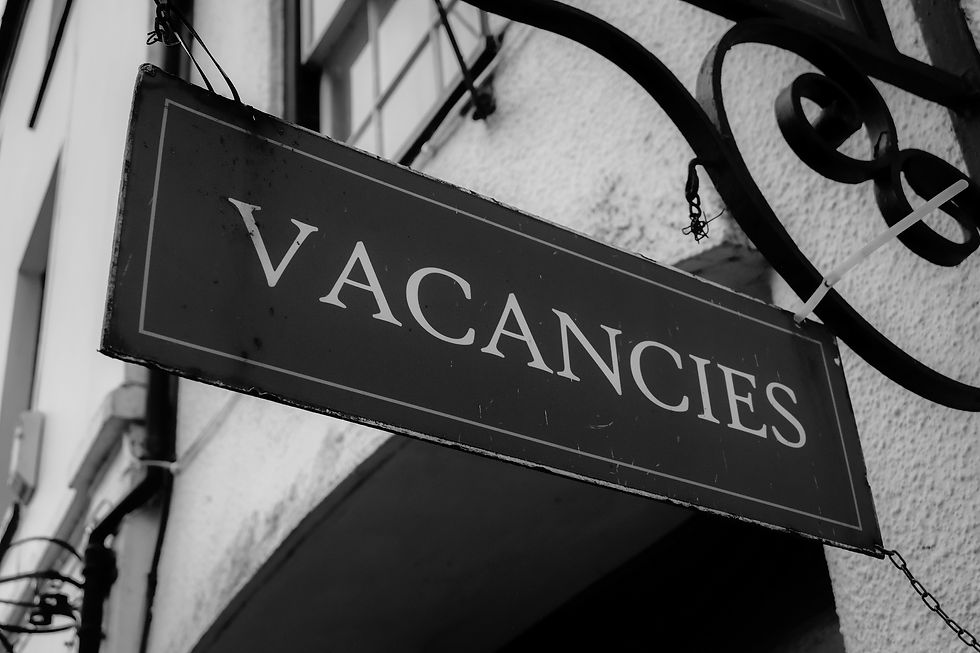The Hidden Costs of Managing a Rental Property: What Most Landlords Overlook
- Manach

- May 16, 2025
- 3 min read

On paper, rental property investment can seem like a straightforward way to generate passive income: buy a home, lease it out, and collect rent each month. But as many landlords eventually discover, owning a rental isn’t as simple—or as passive—as it first appears.
Beyond the initial purchase and obvious expenses, a rental property comes with a range of hidden costs that can quietly chip away at your profit margin. From unexpected maintenance issues to compliance requirements and insurance gaps, these overlooked expenses often catch new and even experienced landlords off guard.
In this post, we’re pulling back the curtain on some of the most common hidden costs landlords face—and more importantly, how proactive property management can keep them under control.
Maintenance and Repairs: It’s Never If, But When
No matter how modern or well-built your property is, things wear out. Taps leak, heaters break, and tenants accidentally damage fixtures. Regular maintenance is a non-negotiable part of being a landlord—and if neglected, those small issues can quickly turn into big, expensive ones.
What’s often overlooked:
Routine services like gutter cleaning, pest control, and air conditioning servicing.
Emergency callouts (which are always more expensive after-hours).
The cost of materials plus tradespeople labor fees.
One of the most effective ways to reduce long-term repair costs is to stay ahead of problems before they escalate. That’s why preventative maintenance isn’t just smart—it’s essential. For a deeper look into how to keep your property in top condition and reduce reactive expenses, check out our article: Preventative Maintenance: Keeping Your Property in Top Shape.
Legal Compliance and Safety Regulations
Australia has strict laws governing rental properties, and as a landlord, it’s your responsibility to stay compliant. These requirements vary slightly from state to state, but they all aim to ensure tenants are living in safe, habitable conditions.
Hidden compliance costs may include:
Smoke alarm inspections (often required annually).
Electrical and gas safety checks.
Pool safety certifications.
New laws around minimum housing standards.
Upgrades for energy efficiency or insulation mandates.
Failure to comply doesn’t just risk fines—it can invalidate insurance claims or put you in legal jeopardy. Staying up to date with legislation (or working with a property manager who does) is a must.
Landlord Insurance: The Necessary Safety Net
Many new landlords assume their standard home insurance will cover a rental property, but that’s not the case. Landlord insurance is a specific policy designed to protect you from risks like:
Loss of rent due to tenant default.
Malicious damage caused by tenants.
Liability if someone is injured on your property.
What landlords often miss is that cheaper policies may not offer adequate coverage—or may include high excesses that make claims costly. It’s essential to review the fine print and ensure you’re properly protected.

Vacancy Periods: The Quiet Budget Killer
Vacant weeks—or even months—between tenancies are one of the most underestimated financial hits landlords take. Every day your property sits empty, you’re covering the mortgage, rates, and utility costs with no rental income to offset them.
How to minimise this:
Keep your rent in line with the local market.
Act quickly when a tenant gives notice.
Use professional marketing and photography to attract quality applicants.
Keep your property in great condition to make it move-in ready.
The key is reducing downtime through proactive management—responding quickly, planning ahead, and making your property as appealing as possible.
Property Management: Worth the Cost?
Some landlords choose to self-manage to save on agent fees, but this can sometimes be a false economy. While property management services do come with a monthly cost, a good property manager can actually save you money in the long run.
Here’s how:
They handle inspections, repairs, and rent collection efficiently.
They know how to price rent appropriately.
They ensure legal compliance and documentation are in place.
They can often secure better tradespeople rates thanks to industry relationships.
%20(1).jpg)



Comments